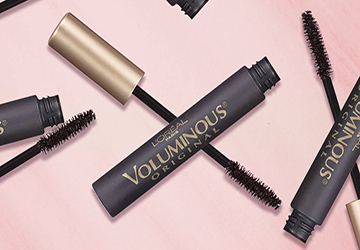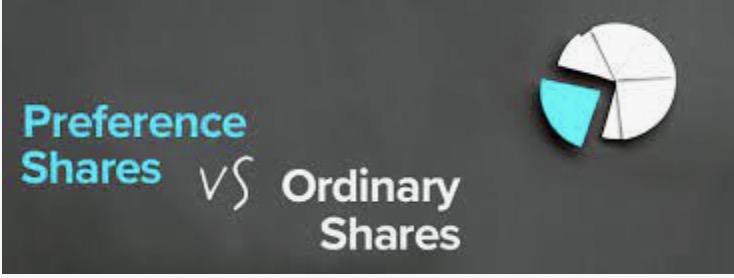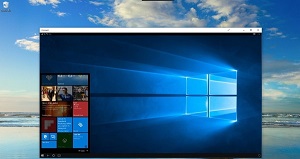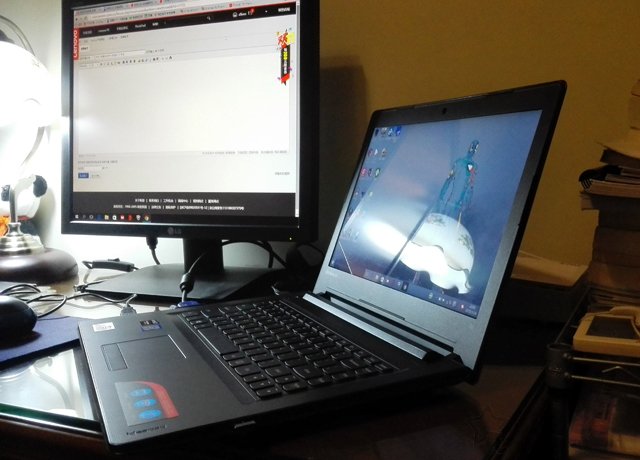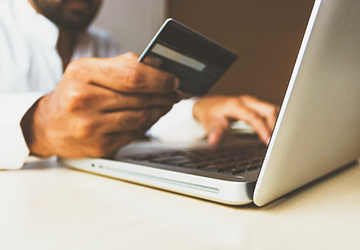Everything you need to know about Flash drives
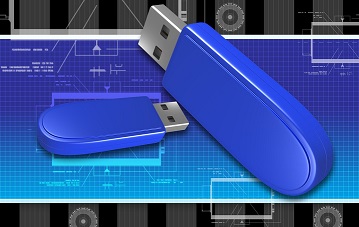
USB flash drive technology has improved significantly over the years. Today, they are faster, more reliable, and easier to find. As larger storage options become available, it's easy to say goodbye to memory cards and other external storage devices forever. The best part is that it's fully automatic: plug your USB device into almost any computer and you can read and write files just like you would on a traditional hard drive. So if you want to learn what a flash drive is, how it works, or if the data you store is safe, keep reading!
What is a flash drive?
A USB flash drive (also known as a thumb drive, flash stick, jump drive, pen drive, and USB key) is a small piece of hardware that plugs into a computer's USB port and behaves like a portable hard drive. You can use it to store files and take them with you.
Flash drives are useful for transferring files between different computers that don't share the same network. This is especially useful for people who work on multiple computers. For example, if you use a desktop computer at work and a laptop at home, you can use a flash drive to transfer documents from one computer to another without storing them in the cloud or emailing them.
How do flash drives work?
Flash drives use non-volatile semiconductor memory to store data. Non-volatile means that the memory retains its contents even after the power is turned off. Flash drives are also known as thumb drives, thumb drives, and jump drives. They are easy to use and can be read and written by almost any computer or personal digital assistant (PDA).
How much space does a USB flash drive need?
The size or capacity of a flash drive is an important factor to consider when purchasing. Each flash drive has its own capacity limit, you can choose from 4GB to 512GB or more depending on your needs and requirements. If you plan to use the flash drive as backup storage and don't have a lot of data to back up, use a smaller capacity (16GB or 32GB) instead. It will be cheaper.
On the other hand, if you plan to transfer large files like videos and high-resolution images, a larger capacity would be more suitable. If you're sharing files with colleagues or classmates at school, then we recommend you're somewhere in between - 64GB should be plenty.
Are USB flash drives safe?
USB flash drives are very portable; therefore, they can easily be misplaced or stolen. If you use it to store important information, it is recommended that you purchase a device with encryption for added security. Some USB flash drives have built-in encryption, so make sure the model you get has this feature. In addition to encryption, some manufacturers offer additional security features such as fingerprint readers and password protection.
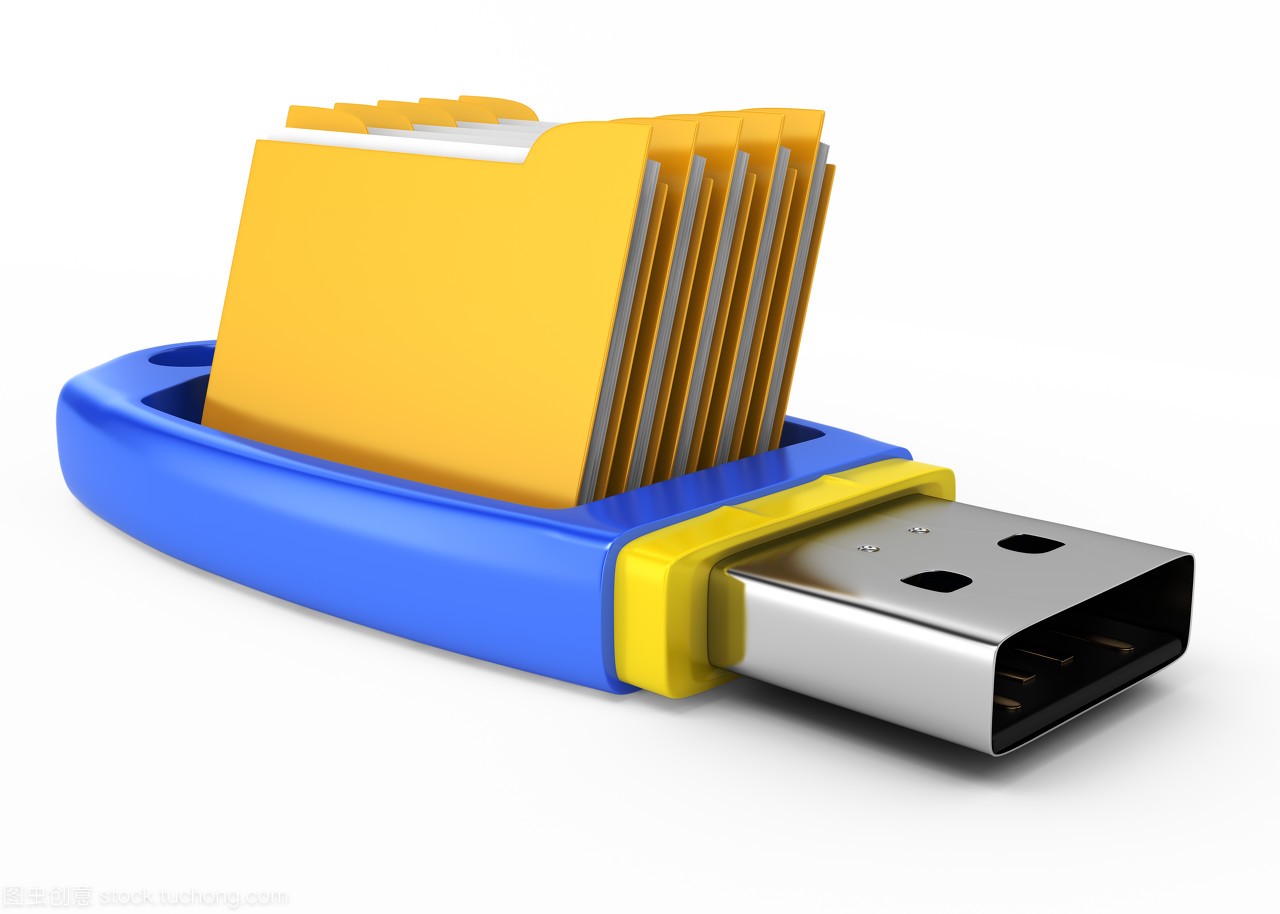
Last Words
Like other technical devices and media, there is no specific type of USB flash drive that works best in every situation. For example, an advertising agency might need something more reliable than a tech-savvy retiree who wants to store some personal photos and old music files. Every user has different needs, so it's important to test your flash drive extensively to see if it's right for you.




